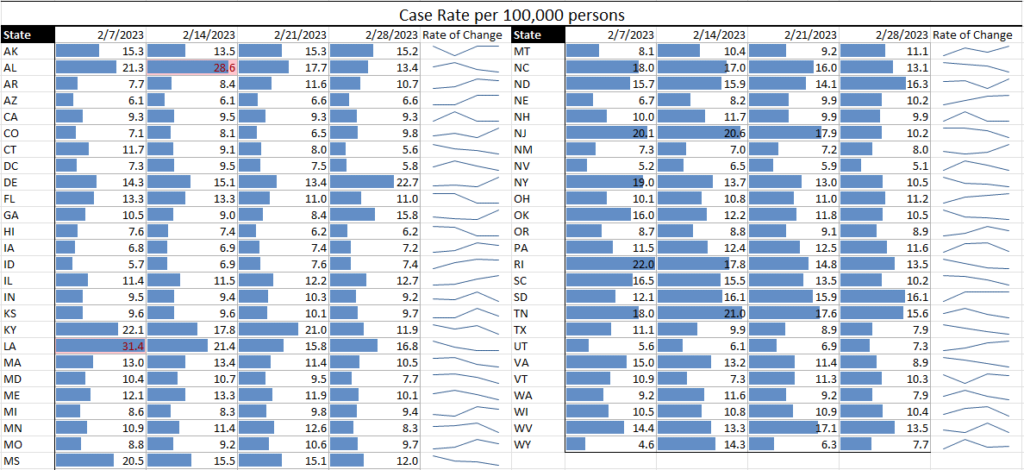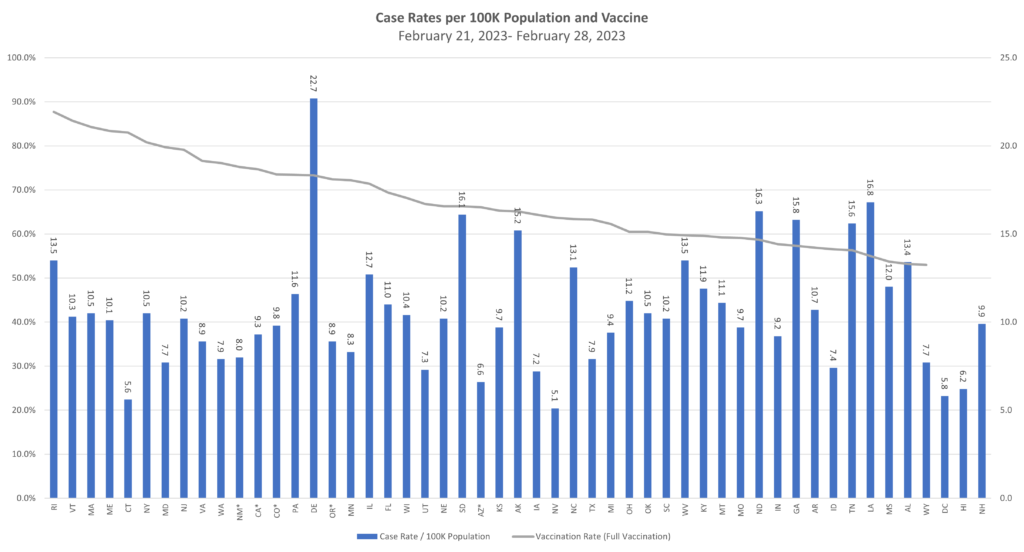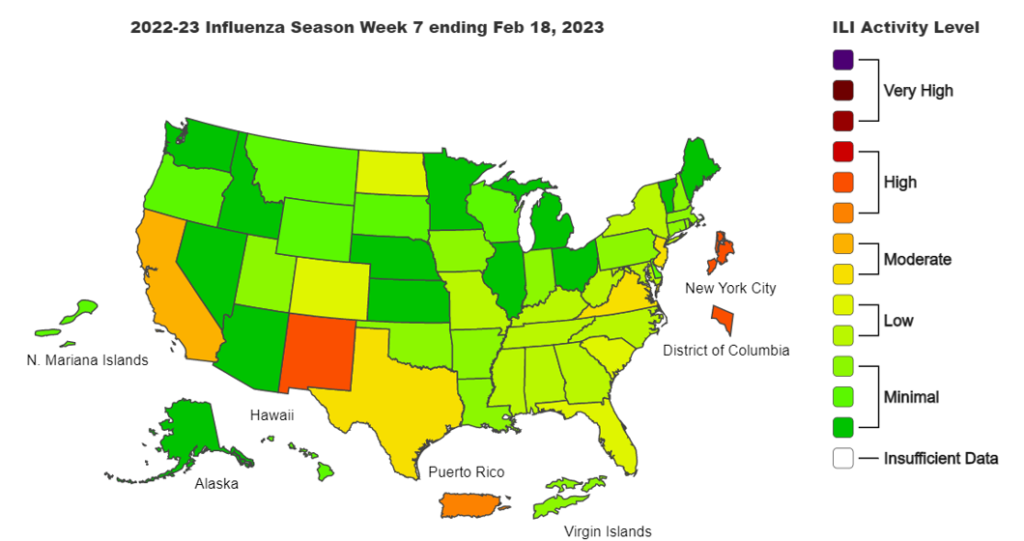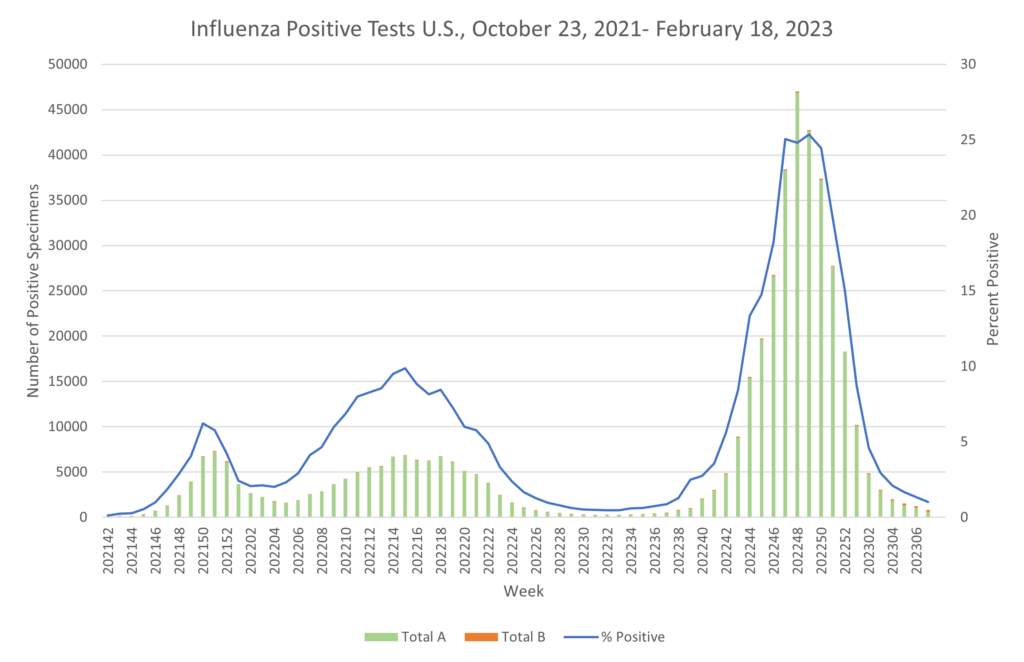The conclusions of a recent Cochrane review on the effectiveness of masks for respiratory illness transmission reduction (including COVID) has been widely reported by numerous news publications – with varying degrees of interpretation. While the initial headlines tended to state that the study showed that masking did not reduce the spread of COVID, later articles, which delved further into the study, are more ambivalent.
The study focused on a literature review of 78 randomized controlled trials (RCTs) from a variety of countries, six of which were conducted during the COVID pandemic. However, as the authors stated, “The high risk of bias in the trials, variation in outcome measurement, and relatively low adherence with the interventions during the studies hampers drawing firm conclusions.”
One of the observations of the study is that by only reviewing the published literature, the authors can’t account for the huge variability in mask wearing that is reality (e.g., not wearing them properly, taking them off at the wrong time, wearing the wrong kinds of masks, etc.). Additionally, the authors’ comparison of surgical masks in healthcare with non-masking in homes shows such variability as to be inconclusive.
So while the overall takeaway seemed to be the lack of effectiveness, the authors concluded that “There is uncertainty about the effects of face masks… There is a need for large, well‐designed RCTs addressing the effectiveness of many of these interventions in multiple settings and populations, as well as the impact of adherence on effectiveness, especially in those most at risk.”
At the beginning of COVID, there was so little known about the virus that no one was sure of how to best protect against transmission and infection. As the science evolved, we learned more about COVID, and other respiratory viruses, and gradually put in place protections that seemed to be most applicable. That science will continue to evolve, and, we would hope, eventually lead to more certainties, not only of masking but of transmission reduction as a whole.
COVID Risk Matrix:



Influenza:


Infectious Disease News
- Flu cases are rising in China, while COVID incidence drops significantly.
- Measles. Per the WHO, through Sept 2022, nearly 7,701 cases and 747 deaths were recorded across Zimbabwe, making this the worst measles outbreak to have ever afflicted the country. New cases dropped significantly towards the end of 2022 because of the comprehensive response to the outbreak by the country, with vaccination playing a significant role.
- Cholera. Since the last update on 17 January 2023, 65,979 suspected cholera cases including 943 fatalities have been reported worldwide.
- Countries and territories reporting new cases since the previous update are Afghanistan, Bangladesh, Burundi, Cameroon, the Democratic Republic of the Congo, the Dominican Republic, Ethiopia, Haiti, Kenya, Lebanon, Malawi, Mozambique, Nigeria, the Philippines, Somalia, Syria, Zambia, and Zimbabwe.
- Cholera cases have continued to be reported in Western Africa, eastern and southern parts of Africa, some parts of the Middle East, and South-East Asia in recent months. The risk of cholera infection in travelers visiting these countries remains low, even though sporadic importation of cases in the EU/EEA remains possible.
- Shigella. US health officials are warning of a rise in a strain of a drug-resistant stomach bug that infects thousands of Americans each year.
- COVID. US COVID-19 cases have continued to decline, with the 7-day average for new daily cases down 9.2% from a week ago. Deaths are down 15.2% compared to the previous week.





